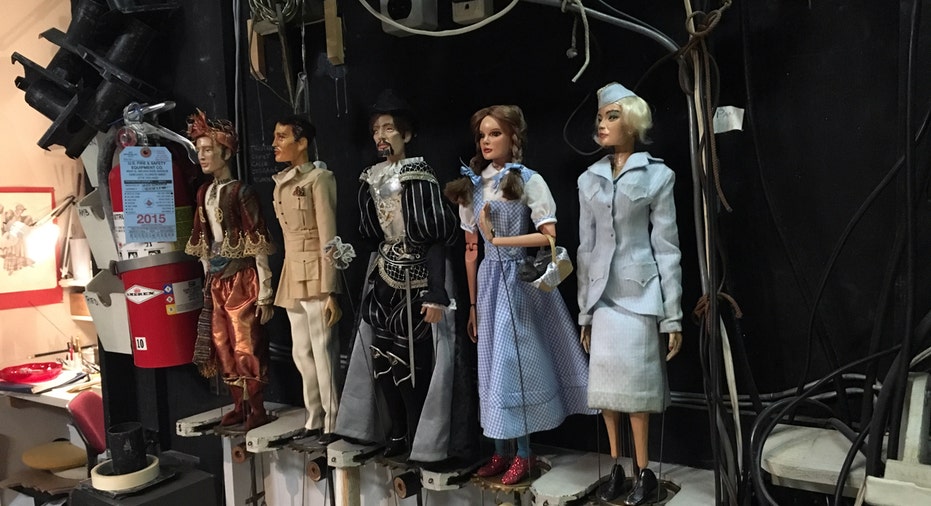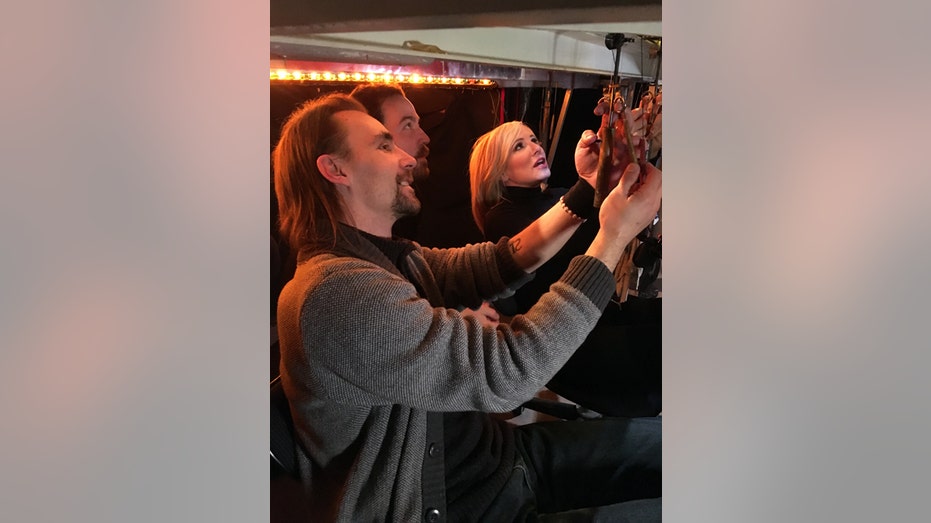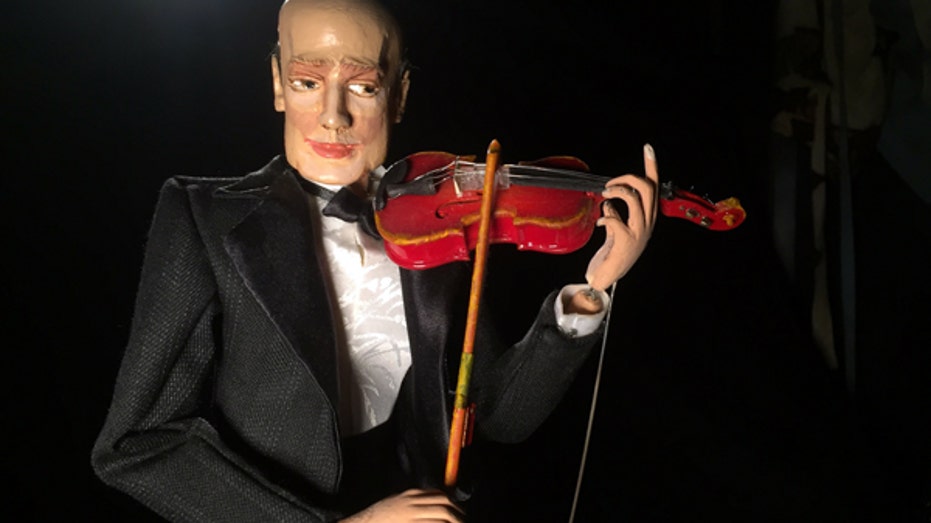Puppet Opera a Very Strange Inheritance

Stage and set designer Bill Fosser worked on Hollywood hits like Home Alone, The Sting and Ordinary People.
“He was indeed a genius,” recalls actor Tony Mockuss. “He had the eye.”
But the apple of that eye wasn’t his list of big-time credits. His biggest love was his his tiniest creation – a miniature opera company in Chicago where he staged productions like Carmen and Rigoletto, starring intricately fashioned 16-inch puppets.
“In Bill’s heart, puppets were number one,” says Mockus. “It’s what he lived for.”
And when the life-long bachelor died, he left his 50-year-old institution to a pair of apprentices – brothers Justin and Shane Snyder.
Their story is featured in the newest episode of the Fox Business Network program Strange Inheritance with Jamie Colby. It premieres Monday, March 13 at 9:00 p.m. ET.
Fosser grew up on Chicago’s west side during the Great Depression. A sickly child often stuck at home, he made puppets with material found around the house, and staged shows for neighborhood kids. Later, a newspaper ad for a restaurant called Kungsholm caught his eye. The fancy eatery was staging puppet versions of Madam Butterfly, Barber of Seville and other operas.

Fosser talked his way into a summer job at the theatre and was hooked for life. He became an expert puppeteer, an inventor who patented his own puppet designs, and a sought-after set dresser.
Eventually, Hollywood started calling. “Word got around in California that if you’re going to Chicago, you get ahold of Fosser,” says Mockus.
In 1958 Foster opened his own puppet theater called “Opera in Focus.” Over the decades he poured more than a million dollars into his labor of love.
“Bill sort of single-handedly kept the art form alive,” says Justin Snyder, who got a summer job at Opera in Focus in 2000.
Fosser also hired Justin’s brother Shayne, and both stayed long past that summer. Foster taught them how to work the puppets, design and mold new ones out of polyester resin, operate the sound and special effects – in short, to do everything it takes to run one of the most technically sophisticated puppet shows in the world.
Over the years a bond grew between the master and his apprentices. “He told us all the time that we were the children that he never had,” Shayne Snyder says. So it’s not surprising Fosser left the brothers the puppet opera after he died.
It’s a valuable inheritance, says Steve Golden who handles acquisitions at the Northwest Puppet Center in Seattle, Washington. Golden estimates the dozens of expertly crafted puppets alone could be worth $10,000 apiece.

But Fosser’s bequest came with a catch.
“He said if the puppet theater were ever to close down, he wanted us to destroy everything,” says Shayne Snyder.
Justin Snyder doesn’t know if he could do that. But for the past decade he and his brother have met Fosser’s challenge of keeping the doors open and curtains rising. It hasn’t been easy.
“It’s definitely not something you’re gonna become a millionaire doing,” says Shayne.
“But as long as there are people out here in the audience, we’ll keep doing it,” his brother Justin vows.



















